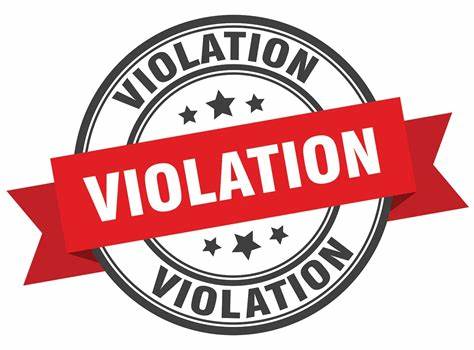DGFT issues guidelines to curb unauthorised export of SCOMET items
January 17, 2025 | Friday | News | By Bhagwati Prasad
Pharma exporters must notify the DGFT upon identifying violations
image credit- shutterstock
In a landmark move, the Directorate General of Foreign Trade (DGFT) has introduced comprehensive guidelines for the voluntary disclosure of non-compliance and violations related to the export of Special Chemicals, Organisms, Materials, Equipment, and Technologies (SCOMET) items. This initiative has been announced by DGFT chief Santosh Kumar Sarangi with immediate effect.
“Voluntary disclosure is an opportunity for exporters to correct their course and bolster adherence to critical export controls,” stated Sarangi. The guidelines aim to ensure robust compliance while addressing inadvertent violations under SCOMET regulations.
The Standard Operating Procedures (SOP) outline that voluntary disclosures will be considered by the Inter-Ministerial Working Group (IMWG) as mitigating factors when determining penalties for violations. However, they will not apply to egregious breaches, such as unauthorised exports involving SCOMET Category 0 or other critical control categories.
Pharma exporters must notify the DGFT upon identifying violations, followed by a detailed submission of relevant documentation. This transparency is expected to demonstrate good faith and mitigate punitive measures.
The IMWG within the DGFT will evaluate voluntary disclosures on a case-by-case basis, considering them as mitigating factors while determining administrative penalties, if any. However, the disclosure framework does not apply to violations involving SCOMET Category 0 and certain Chemical Weapons Convention (CWC) schedules.
The SOP lists several types of violations including unauthorised export of SCOMET-listed items without prior authorisation, export to United Nations Security Council (UNSC) sanctioned entities, unauthorised access or transfer of technical data, failure to comply with reporting and record-keeping requirements and unauthorised site visits or access to sensitive documentation by foreign entities.
Sarangi emphasised the significance of exporters adopting rigorous internal compliance programs, stating, “By voluntarily coming forward, exporters show their commitment to international security and trade integrity.”
The DGFT aims to encourage a culture of accountability and prevent future violations through awareness and structured remedial measures. Exporters are urged to utilise the voluntary disclosure mechanism proactively to avoid severe administrative or legal repercussions.
Bhagwati Prasad









